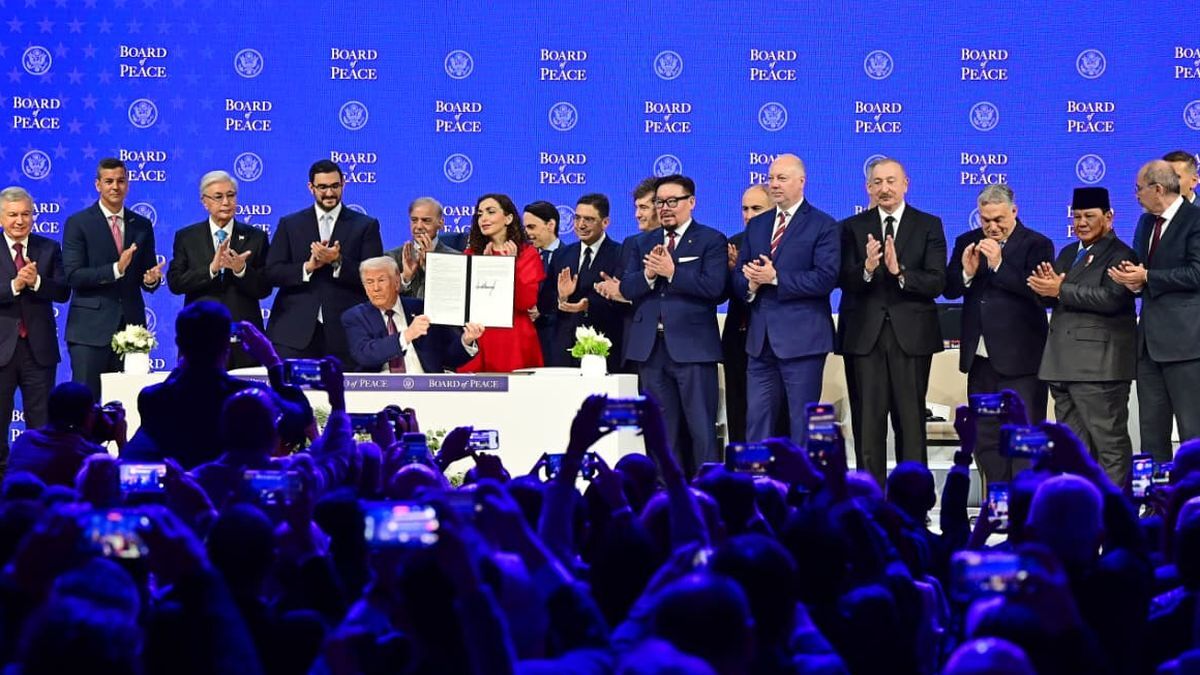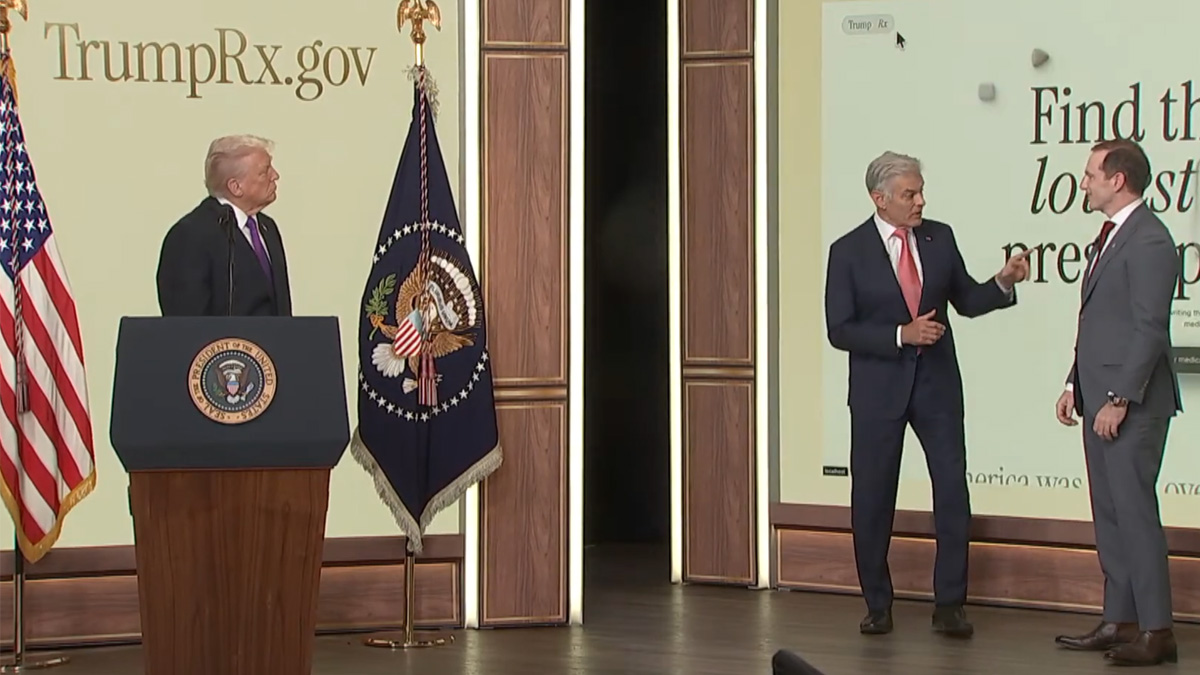Abigail Spanberger elected first female governor of Virginia in historic Democratic win
Abigail Spanberger, a former CIA officer and congresswoman, has become Virginia’s first female governor, defeating Republican Winsome Earle-Sears. Her win flips control of the governor’s mansion from Republican Glenn Youngkin and marks a boost for centrist Democrats.

- Abigail Spanberger has been elected as Virginia’s first female governor, defeating Republican Winsome Earle-Sears.
- The centrist Democrat focused on affordability and federal job security, while distancing herself from national Democratic infighting.
- Her win flips the governor’s mansion to Democrats and boosts centrist momentum within the party.
Abigail Spanberger has been elected governor of Virginia, becoming the first woman to hold the office in the state's history, according to projections from the Associated Press and CNN on Tuesday, 4 November 2025.
Spanberger, a Democrat and former three-term congresswoman, defeated Republican Lieutenant Governor Winsome Earle-Sears with 55% of the vote to Earle-Sears’ 45%, with 35% of ballots counted at the time of projection.
The victory marks a historic first for Virginia and a political shift, flipping the governor’s mansion from Republican Glenn Youngkin to Democratic control. Youngkin was constitutionally barred from seeking a second consecutive term.
A former CIA officer and federal law enforcement agent, Spanberger previously served in the US House representing Virginia’s 7th Congressional District. She first entered Congress by unseating Republican incumbent Dave Brat in 2018 and developed a reputation as a bipartisan centrist.
Spanberger ran a campaign focused on practical economic issues, such as affordability and healthcare, while highlighting the impact of federal job instability in a state with more than 300,000 federal employees.
“We need a governor who will support the thousands upon thousands of Virginia families whose livelihoods have been disrupted or destroyed,” Spanberger said at a campaign rally in Norfolk, referencing recent government shutdowns and instability under Donald Trump’s administration.
Despite the national political climate, Spanberger strategically distanced herself from both President Joe Biden and former President Donald Trump. She declined to appear at “No Kings” protests against Trump and avoided invoking his name directly during the campaign.
“I feel like if I say it too much, it’s like Beetlejuice. He’s gonna show up,” she joked in an interview with the Associated Press.
Instead, she campaigned on local issues and bipartisan credentials. Her record in Congress earned her the endorsement of the Virginia Police Benevolent Association, a group that had previously backed Republican candidates in statewide races.
Spanberger’s victory signals a strong night for Democrats across Virginia. The party aims to expand its slim majority in the House of Delegates and redraw congressional maps more favourably ahead of future elections.
In the concurrent race for attorney general, Democratic candidate and former state delegate Jay Jones held a narrow lead over incumbent Republican Jason Miyares, though only 35% of votes had been counted. That race was overshadowed by controversy after a 2022 text message from Jones emerged, referencing a political rival with a violent metaphor.
Earle-Sears, a former Marine and the first woman of colour elected to statewide office in Virginia, sought to mirror Youngkin’s successful 2021 campaign by focusing on socially conservative issues such as abortion, transgender youth policies, and school bathroom regulations.
She frequently appeared with concerned parents and conservative advocacy groups, portraying Spanberger as aligned with progressive activists, despite Spanberger’s centrist positioning. However, Earle-Sears struggled to unify Republican voters and faced internal criticism over her strategy.
Trump formally endorsed Earle-Sears, but Spanberger often tied her opponent to the former president in advertisements and public remarks, portraying her as a rigid conservative out of touch with Virginia’s shifting electorate.
Spanberger remained disciplined throughout the campaign, concentrating on economic concerns such as job security and the cost of living. She avoided engaging deeply in social debates, instead supporting local control over issues like school policy and gender identity.
Her campaign ads emphasised Earle-Sears’ controversial public remarks and sought to cast her opponent as combative and ideologically extreme.
Spanberger’s win also represents a victory for centrist Democrats, who have argued for a more pragmatic approach in swing states and competitive districts. National party leaders see her victory as a sign of renewed momentum after losses in the 2024 presidential election.
At 46, Spanberger is a mother of three and one of the most prominent centrist voices in the Democratic Party. Her gubernatorial win is likely to position her as a rising leader within the party, especially as Democrats prepare for the second Trump administration and a complex national landscape ahead of 2026.







